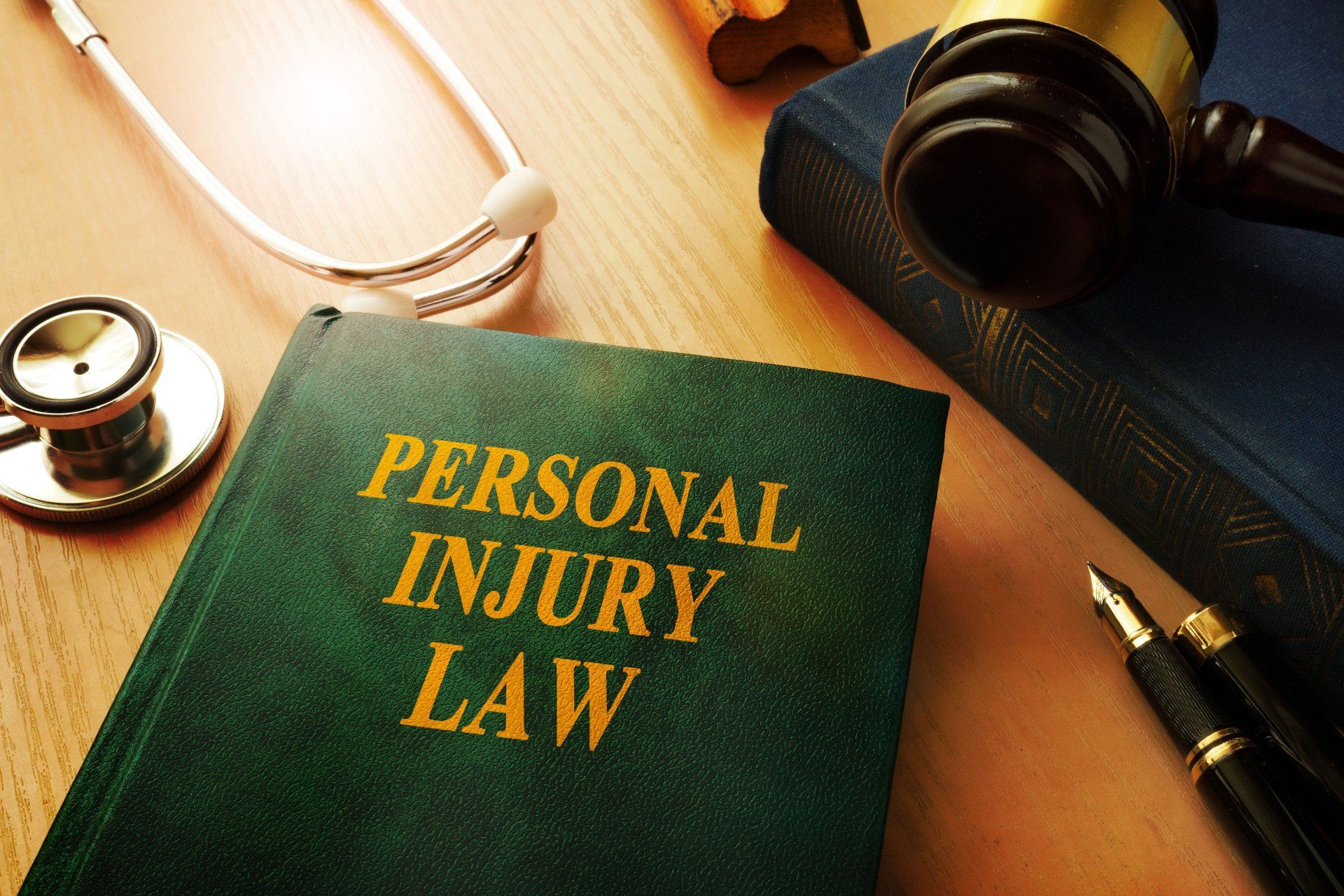How to Know if You Have a Medical Malpractice Case
According to a study by Johns Hopkins, medical errors are number three on the list of leading causes of death after heart disease and cancer. However, not every negative-outcome treatment is classified as medical malpractice.
For instance, if a patient's condition deteriorates, it doesn't necessarily mean that the healthcare provider is guilty of malpractice under personal injury law. In this guide, we take a look at how to know if you have a medical malpractice case and what you can do about it.
Identifying a Legitimate Medical Malpractice Case
When proving medical malpractice, you have to demonstrate several things as stipulated by personal injury law. For instance, you should prove that a doctor-patient relationship was established either by agreement or when you received treatment.
You also have to demonstrate that the healthcare provider's care did not meet the standards accepted by the medical community, which resulted in an injury that caused damage. The regulations governing medical malpractice vary from state to state, so it's essential to do your homework to ensure you understand how the process of submitting a claim works.
Medical malpractice cases can be easily demonstrated by looking at the health care provider's action or lack thereof and proving how their behavior was either negligent or reckless, resulting in personal injury.
Medical Negligence Vs Recklessness
Medical negligence is one of the most common reasons behind malpractice claims. A healthcare provider is typically considered to have been negligent if they provided substandard treatment to a patient. A common example of medical negligence is when a doctor misdiagnoses a patient, fails to diagnose, or delivers a delayed diagnosis.
Similarly, a doctor can be charged with a lawsuit if they don't fully disclose the risks associated with a particular procedure to a patient. Other examples of medical negligence include surgical errors, prescribing incorrect medication or dosage, and failure to give patient history the consideration it deserves.
Granted, it's normal for doctors to make mistakes. But personal injury law specifically looks at whether a similarly-skilled and qualified provider exercising enough caution would be faced with the same potential for error under identical circumstances.
Under personal injury law, your attorney has to prove that your healthcare provider deviated from the appropriate medical standard of care in the situation that led to your injury. Generally, the charge against your healthcare provider is considered more serious if your attorney can prove they acted recklessly. Examples of medical recklessness include performing surgery while under the influence or discharging a patient prematurely due to financial reasons.
Whatever the case, medical negligence and recklessness are types of medical malpractice that can lead to damage, such as loss of income, decreased quality of life, increased medical bills, disfigurement, disability, and pain and suffering. If your attorney is able to prove medical malpractice, it means you're entitled to monetary compensation.
How to Know When It's Not Medical Practice
It's also important to identify instances when you don't have a valid malpractice claim to avoid wasting money and resources. To begin with, a healthcare provider can't always be charged with medical malpractice when a patient's condition gets worse. That's because it's not always within a doctor's power to effectively treat and cure a patient.
If the doctor's actions prove they performed their duties according to the acceptable standards of the general medical community, then there are no grounds for malpractice. This applies even if the patient's condition is considered treatable.
Similarly, suppose a patient has a terminal illness or untreatable condition. In that case, the doctor can't be said to have committed medical malpractice as long as they made sound decisions regarding a patient's care. Of course, it's always unfortunate if the healthcare outcome is death, but personal injury law only provides legal protection to patients who have received sub-standard medical care.
What to Do If You Suspect Medical Malpractice
Submitting a medical malpractice claim can be challenging due to the fact that this area of personal injury law is full of technicalities and terminology from both law and medicine. Also, because the burden of proof is on you, it means your healthcare provider and their insurance company already have an advantage over you.
However, hiring an experienced attorney to represent you helps strengthen your case. You should also be aware that your medical malpractice claim won't be successful if you fail to take legal action within the established timeframe. So, it's important to act quickly. If you suspect a medical malpractice case, don't hesitate to get in touch. We are here to help you receive the compensation you deserve.









